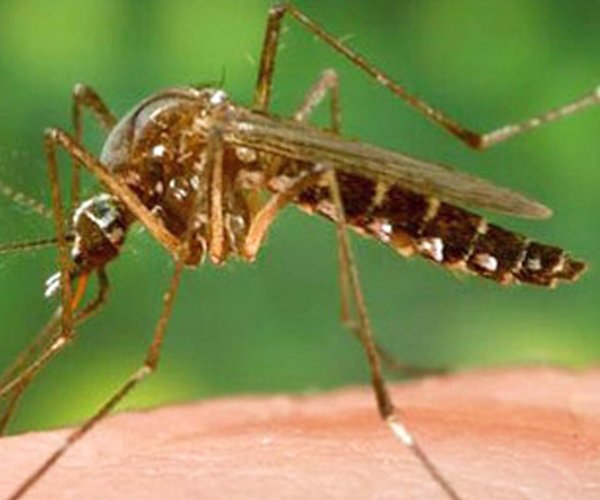The California Public Health Department has plans to move Stanislaus County back up to the more restrictive purple tier because the area has failed to meet the state metrics for controlling COVID-19, but health and county officials are planning to appeal.
The County plans on appealing the designation, partially because local leaders believe the data will show that most of the transmission is happening in homes and gatherings, rather than at gyms, hair salons and restaurants.
“It is our intent to create an opportunity for dialogue to encourage using our local data and circumstances to drive appropriate mitigation restrictions” said Mary Ann Lilly, Stanislaus County Health Services Agency managing director. “We want to protect our community, preserve healthcare capacity, while supporting economic sectors and activities, that with proper precautions, can operate safely.”
The appeal of the tier status gives area businesses and churches at least another week to remain open. Stanislaus County will be assigned to the tier determined by the CDPH no later than Nov. 17. Schools that have already re-opened will be allowed to stay open for in-person learning, regardless of whether or not the county is moved into the purple tier.
"This will not impact our staggered reopening of elementary schools as we were approved for a waiver by the State," Turlock Unified School District wrote in a statement on Facebook. "This will also not impact our small learning groups who opened under different State guidance. We are hard at work putting finishing touches on plan for secondary reopening."
If the CPDH determines that it is necessary that Stanislaus County be reassigned to the purple tier, the County will have three days, beginning the Wednesday after tier assignments are announced on Tuesdays, to implement any sector changes or closures.
The tier designation relies on two leading health metrics: number of cases per 100,000 residents and percentage of COVID-19 tests that come back positive. In addition, counties will also be required to show they are targeting resources and making the greatest efforts to prevent and fight COVID in communities and with individuals with the highest risk, and demonstrate improvements in outcomes.
Counties must remain in every tier but purple for a minimum of 21 days before being eligible to move into the next tier. Each Tuesday, California will update each county’s data for the previous week and make corresponding changes to tiers. In order to move into a less restrictive tier, a county must meet that tier’s criteria for two straight weeks.
Conversely, counties that fail to meet the metrics for their current tier for two consecutive weeks must move to the next most restrictive tier. The plan also includes an “emergency brake” where the state can intervene more immediately for concerning factors like hospitalizations.
Across the country COVID-19 cases and hospitalizations are growing. As of Tuesday, Stanislaus County had 18,614 positive cases and 409 deaths. In the last 24 hours, the County recorded 65 new cases.
"Everyone is concerned about the trajectory,' said Stanislaus County Public Health Office Dr. Julie Vaishampayan.
Total hospital bed availability is at 34.2% and ICU bed availability is at 8%.
The Stanislaus County Health Services Agency is encouraging people to get tested for COVID-19 to help meet the state requirements. Testing helps identify people who are infected with COVID‐19 so they can take actions to stop the spread to their family, friends, coworkers, and community. Anyone, with or without symptoms can take a free test from a county or state‐run site. The best ways for residents to protect themselves and those around them is by continuing to wear face coverings, giving a safe space of six feet to others, washing hands frequently with soap and water, and gathering safely by following California Department of Public Health guidance for private gatherings.





